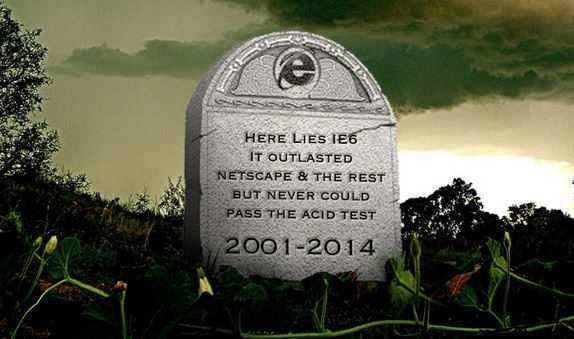During the Windows 10 launch event in January at Microsoft headquarters in Redmond, the company announced that the Internet Discover will be replaced with a completely new browser when the new operating system is released later this year.
While some believe that the new Spartan browser will coexist with the familiar Internet Explorer, the company has probably decided that with Windows 10 comes the end of Internet Explorer as reported by The Verge.
Microsoft's chief marketing officer Chris Capossela confirmed that the Spartan name may change, and that the company is on the move search, even involving Google Chrome users to discover one commercial Microsoft brand that will appeal to everyone, regardless of the application they use.
Spartan browser, it will be available as a modern application for PCs, tablets, and smartphones, it will be offered alongside Internet Explorer on a number of Windows editions, most likely Enterprise editions, where there will be compatibility issues with internally developed applications.
But for all other Windows 10 though, the Spartan browser could replace it Internet Explorer, thus giving the end user an operating system not only with a new environment, but also with new applications and refreshed characteristics.
With this move, Microsoft seems to want to combat the negative perception that has been established about Internet Explorer. New operating system after the "mound" of Windows 8-8.1, and a new browser, it remains to be seen the impact of the buying public on Microsoft's plans.





